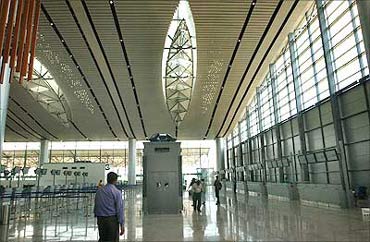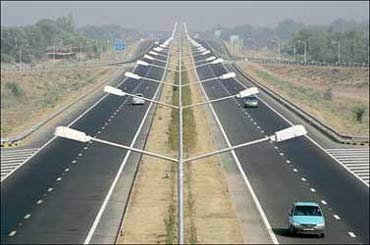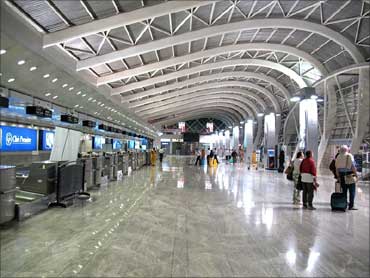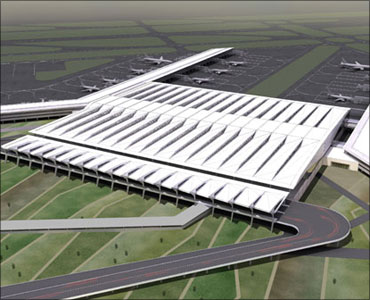 | « Back to article | Print this article |
Why India is going 'private'
Many structural changes have taken place in the economy over the past two decades -- a greater share for international trade in GDP, higher savings and investment rates, even increased investment in infrastructure.
One change that is intuitively accepted, but not usually commented on explicitly, is the fact that the public sector is no more in the driver's seat; it has made way for the private sector.
This may be a somewhat obvious point to make, but most people have not woken up to the speed and the scale of the change.
Between 1980 and 2000, the share of state-owned enterprises in corporate profits dropped from about 70 per cent to 55 per cent; the decline has accelerated in the last 10 years, the share dropping now to about 35 per cent.
Click NEXT to read on . . .
Why India is going 'private'
In other words, the shares of the public and private sectors have been virtually reversed. Bear in mind also that private household savings are twice total corporate savings.
Another way to track the swings is through the successive five-year Plans. Right up to the 1980s, public sector investment used to account for well over a half of total Plan investment; that figure is now down to barely 20 per cent.
So, while planning may be seen as a hangover from the days of a Nehruvian 'commanding heights' mentality, nearly 80 per cent of 'Plan investment' is now done by the private sector.
Nowhere is the transition from public to private more noticeable than in infrastructure. About 50 per cent of new power generating capacity in the current five-year Plan (which runs through to 2012) will be in the private sector; in comparison, barely 15 per cent of the capacity at the start of the Plan was private.
Click NEXT to read on . . .
Why India is going 'private'
The big airports are now in private hands, and many ports are being developed by the private sector. Roads and railways too are moving to the public-private partnership mode.
This is highly unusual. There is no large economy in the world where the bulk of the physical infrastructure has been built by the private sector; it has almost always been done by the government.
Even in India, it is not that the public sector has disappeared or become irrelevant; it still dominates basic sectors like finance (both banking and insurance), energy (oil and gas, coal, electricity) and transport (the railways). But its share has dropped dramatically in all these sectors.
Click NEXT to read on . . .
Why India is going 'private'
There are several reasons why India has gone 'private' -- but classical privatisation is not one of them, though a handful of state-owned enterprises were sold to private interests by the Vajpayee government.
A more important reason for change is the opening up of new areas to private sector investment (telecom, aviation, banking, insurance, etc.), even as public enterprises in these sectors have been held back by ministerial interventions of various sorts.
It is worth pointing out that the most important reason for India going private is that the great champions of the public sector have hobbled it through their own actions. The oil companies have seen their profits evaporate because politicians will not allow free pricing of oil products.
Click NEXT to read on . . .
Why India is going 'private'
Similarly, the Budget has been saddled with a variety of handout schemes that have prevented it from putting money aside for capital investment.
As for the future, the government will need to focus on higher outlays for education, health care and defence -- all under-provided today.
Most people welcome the greater competition and competitiveness that the advent of the private sector has introduced. Indeed, the higher economic growth rate may itself be a product of the shift from public to private.





